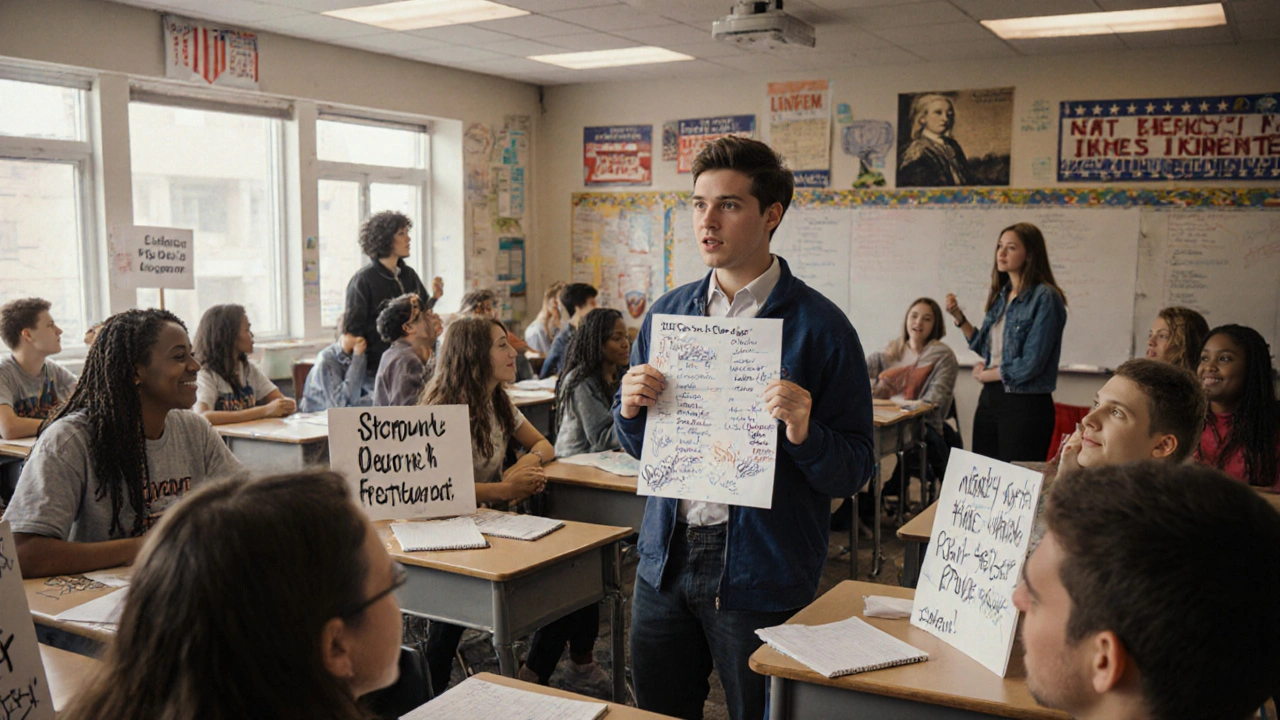Civic Education: What It Is and Why It Matters in High School
When we talk about civic education, the process of teaching students how to be active, informed participants in a democratic society. Also known as civics, it’s not just about memorizing the branches of government—it’s about learning how to vote, speak up, hold leaders accountable, and solve problems together. This isn’t something that happens in a textbook on the last day of school. It’s woven into daily school life, from student government elections to service projects that fix local parks or help food banks.
Real civic education connects classroom lessons to real-world action. Schools that do it well don’t just teach the Constitution—they let students run mock elections, interview city council members, or write letters to lawmakers about issues that matter to them. It’s the reason why some high schools have student-led campaigns to improve mental health resources or push for more diverse books in the library. These aren’t extras—they’re core parts of learning how democracy actually works. And when students see their voice makes a difference, they don’t just remember the lesson—they become lifelong participants.
It also ties directly to how schools support communities. A high school that hosts town halls, partners with local nonprofits, or opens its gym for voting isn’t just a building—it’s a civic hub. That’s why you’ll find posts here about how high schools drive community development, how cultural diversity shapes student equity, and even how student workload impacts their ability to get involved outside class. Civic education isn’t a subject you check off. It’s a habit you build. And the best schools don’t wait for senior year to start.
What you’ll find in this collection aren’t dry lectures or outdated curricula. These are real stories from students and teachers who’ve turned civics into action—from organizing voter registration drives to pushing back on unfair school policies. You’ll see how mental health, backpack weight, and even fashion trends all connect to a bigger question: How do we build a school that prepares students not just for college, but for life as engaged citizens?

High schools shape political awareness not through textbooks alone, but through real experiences like student government, debates, and voting drives. Students who engage in these activities are far more likely to vote and advocate for change later in life.
- Read More